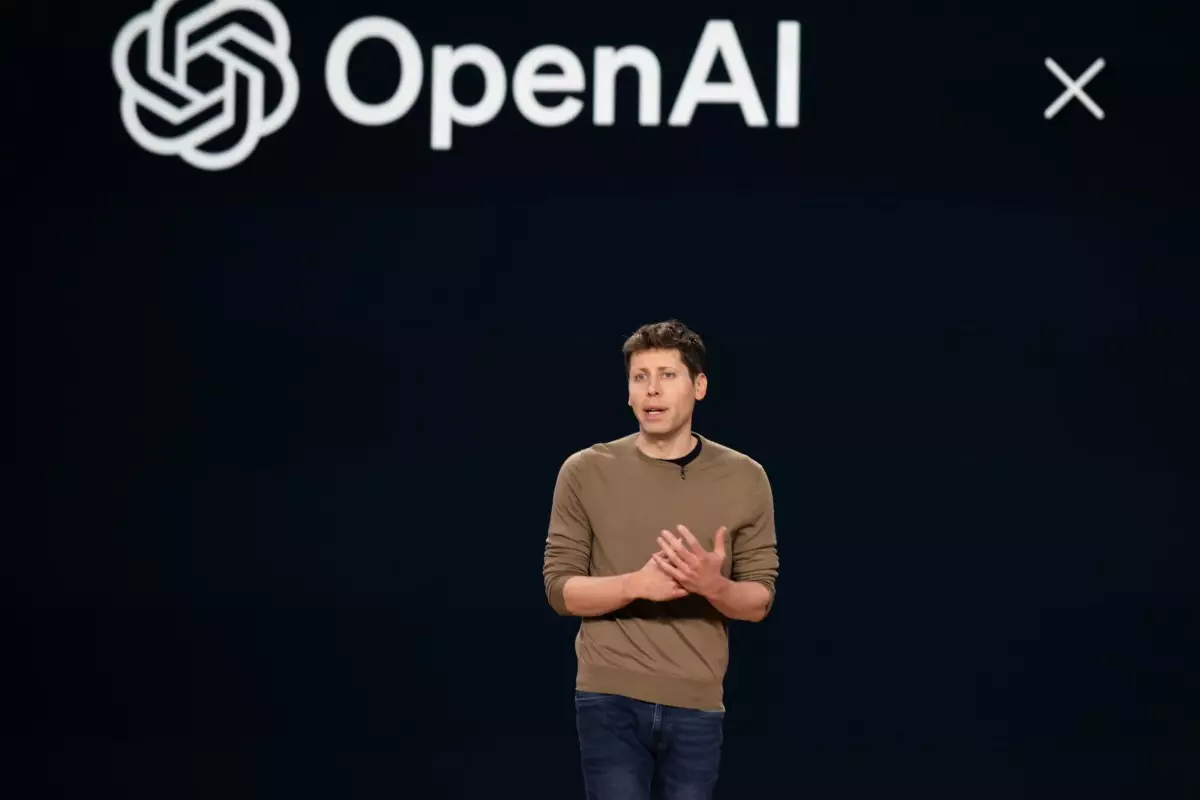The intersection of artificial intelligence and copyright law is increasingly becoming a battleground for several stakeholders. In a landmark move, Asian News International (ANI), one of India’s largest news agencies, has commenced legal proceedings against OpenAI. The case, initiated in the Delhi High Court, raises crucial questions about the ethical use of copyrighted content in training AI models. This lawsuit marks a significant moment for the media landscape in India, as it is the first instance where an Indian media entity has taken legal action against an AI company for copyright infringement. The outcome of this case could resonate beyond India’s borders and set precedents for how AI firms handle copyrighted material worldwide.
The allegations brought forth by ANI highlight concerns over unauthorized usage of their content and the propagation of false information attributed to them through AI-generated outputs. ANI accuses OpenAI of leveraging its proprietary news stories without permission, leading to instances of misinformation, including the erroneous attribution of fake interviews. Such claims, particularly referencing a purported interview with notable political figure Rahul Gandhi, reveal the broader implications of AI “hallucinations”—situations where AI self-generates false or misleading information. These issues not only jeopardize the integrity of ANI’s reporting but also threaten public trust in news sources, elevating the stakes significantly.
The initial hearing, attended by Justice Amit Bansal, was pivotal yet preliminary; although a summons was issued, the court opted against granting an injunction on this occasion, citing the complexity of the issues at hand. OpenAI’s representation argued that its practices fall within legal parameters, asserting that facts are not protected under copyright laws and that there are mechanisms to opt-out of data use. However, ANI’s legal counsel contends that just because content is publicly available does not imply free rein for exploitation. This confrontation underscores the urgent need for clarity within the legal frameworks surrounding copyright as they apply to emerging technologies such as AI.
Beyond the Pakistani courtroom, the lawsuit against OpenAI is indicative of a global movement where media enterprises are increasingly scrutinizing the practices of AI firms. OpenAI faces numerous lawsuits in various jurisdictions, suggesting that ANI’s claims might not be an isolated incident but rather part of a broader trend. As AI continues to evolve, the need for effective dialogue between tech companies and media organizations becomes paramount. OpenAI has maintained that it seeks to foster constructive partnerships with news agencies, and it will need to channel this commitment seriously in light of ANI’s allegations.
As the court prepares for subsequent hearings in January, it plans to appoint an independent expert to delve into the copyright implications of using publicly available content in AI models. This technical examination will not only evaluate the legal standing of such practices but also seek to understand how news content traverses digital platforms. The outcome of this case and others like it will likely forge new pathways for accountability and regulation in the tech landscape.
As the legal battle unfolds, it represents a critical juncture for AI and media relations, not only in India but across the global stage, prompting a reconsideration of the ethical implications surrounding content generation and consumption in an increasingly digital world.

